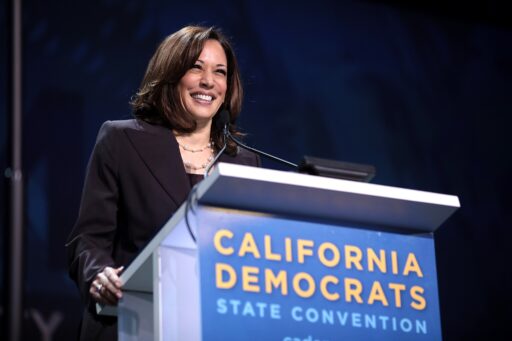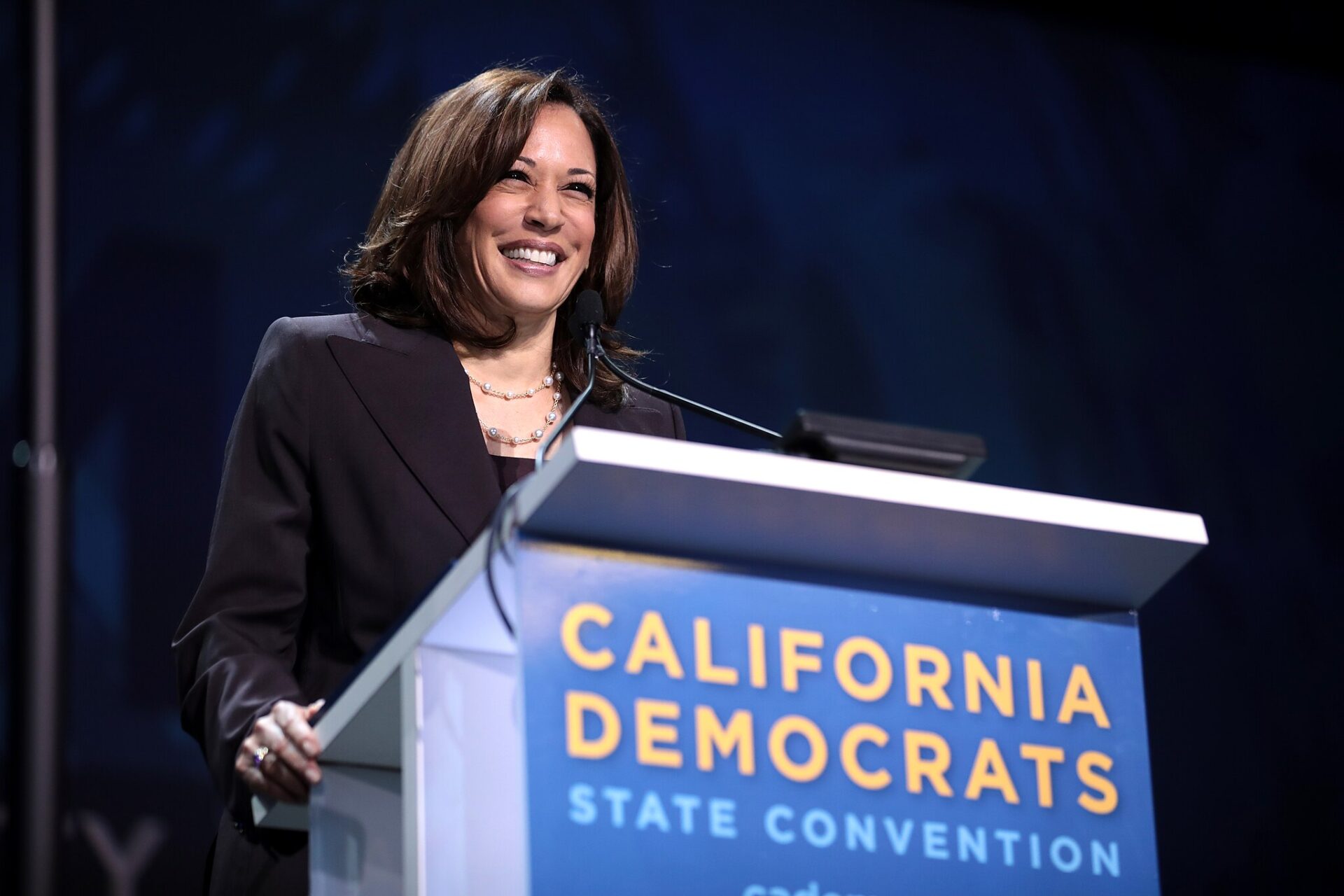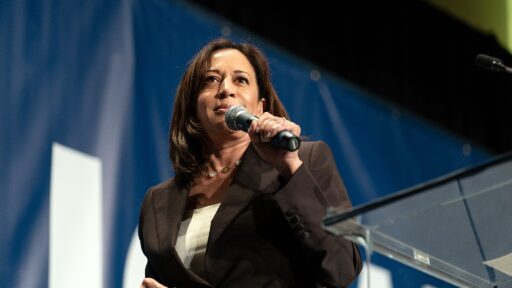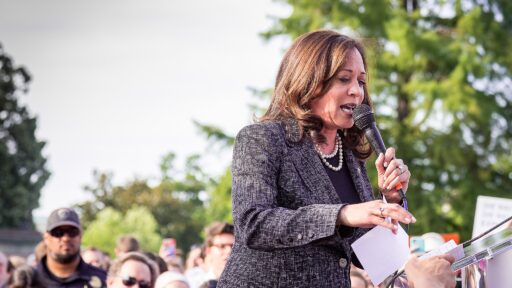Trump’s Plan To Boost The U.S. Economy
In a recent discussion with members of the Economic Club of Chicago, former President Donald Trump passionately outlined his vision for revitalizing the American economy through strategic tariff implementation and tax reforms. He firmly believes that by imposing higher tariffs on foreign manufacturers, the United States can bolster its own manufacturing sector and pave the way for a prosperous future.
During the interview, Trump declared, “To me, the most beautiful word in the dictionary is tariff,” highlighting his commitment to this policy as a means to protect and promote domestic industry. He articulated a straightforward plan: by enforcing strong tariffs on imports, the U.S. can incentivize companies to relocate their manufacturing back to American soil. “We will lower taxes even further for businesses that produce here in the USA,” he stated, emphasizing the need for protective measures to ensure that American companies can thrive without being undercut by foreign competition.
Trump pointed to the struggles of cities like Detroit, which have seen significant economic decline over decades, particularly in the automotive sector. “We’ve been discussing Detroit’s revival for 40 years, and it’s time for real action,” he said. He remains resolute that tariffs will help revitalize industries that have been decimated by global competition.
Addressing concerns about the potential for trade wars, Trump reassured that U.S. manufacturers have nothing to fear: “All you have to do is build your plant in the U.S., and there are no tariffs.” He reiterated that countries like China and India impose tough barriers on American goods, and it’s time for the U.S. to reciprocate.
Highlighting his past successes, Trump recalled how he effectively curbed the dumping of substandard steel from China by imposing a hefty 50% tariff. “I saved our steel industry,” he affirmed, underlining how tariffs can safeguard American businesses from unfair foreign practices.
Moreover, Trump argued that strengthening tariffs could enhance foreign relations. He noted the significant trade deficit with allies like the European Union, which, in his view, has not been adequately addressed. “We have the worst trade deals all over the world,” he lamented, pledging to renegotiate agreements to benefit American interests.
In summary, Trump’s strategy focuses on using tariffs and tax cuts as powerful tools to restore American manufacturing, protect jobs, and ensure the nation’s economic strength. He envisions a future where American industries thrive, free from the threat of unfair competition, thereby securing prosperity for all Americans.






